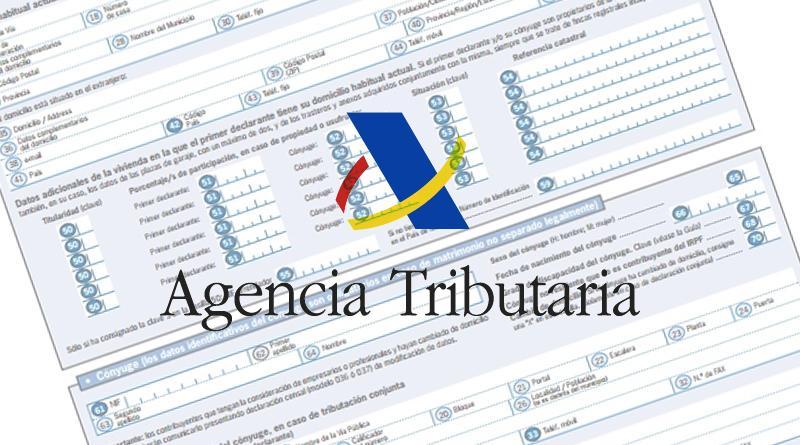Many foreigners have decided to move to Spain in recent years. For this reason, it is essential to know how the Spanish tax system works and, in this case, the tax system for foreign workers in Spain. Even if you are not Spanish, you should know that if you work in Spain, you are obliged to file your income tax return. If you are a foreigner and are carrying out your work activities in Spain, you may be able to benefit from the tax return for impats.
But, what is the impat tax return? Do you know the Beckham Law and the 151 form? Read our post and find out all your doubts.
The declaration for impats
The declaration for impats is a special tax regime that allows foreign workers in Spain to be taxed according to the IRPF of resident foreigners in Spain instead of the regular IRPF.
The Beckham Law
The Beckham Law is precisely what allows this special tax regime to exist. Its aim is to encourage highly qualified foreign workers to work in companies established in Spain.
This impat regime allows these foreign workers to benefit from a resident foreigner’s income tax return. This is done through Form 151, both in that tax year and in the following five years.
Who can benefit from this special regime for impats?
Individuals who acquire their tax residence in Spain are those who can opt for this special regime. However, they will not be obliged to do so. In other words, they can choose whether to pay non-resident income tax (IRNR) or personal income tax (IRPF). However, these individuals must also meet a series of requirements:
- They cannot have been residing in Spain during the 10 previous years to the year in which the move to Spanish territory takes place.
- The move to Spanish territory must always take place as a result of an employment contract. That is to say, when an employment relationship with an employer in Spain is initiated. (Special employment relationships of professional sportsmen and women are excluded from this rule.)
- The work must be carried out in Spain. Only 15% of the total consideration for work received in a calendar year may be carried out outside Spanish territory. In addition, no obtained income may be classified as being obtained through a permanent establishment located in Spanish territory.
If these requirements are met, the worker will be able to benefit from the special regime for impats. The next step in the process is to file Form 149 with the Tax Agency. In other words, Form 149 serves as an application for the special regime.
Workers will have a maximum period of 6 months from the start of the employment activity to file it. Once Form 149 has been filed, the competent management office will have a period of 10 working days to issue the document certifying that the option for this special regime has been exercised.
Form 151
Form 151 corresponds to the income tax return for foreign workers in Spain. As we have already mentioned, this form allows taxation under the IRNR instead of the common IRPF. Generally, IRNR taxes are much lower than the general IRPF rates. However, in no case will it be an obligation to pay IRNR tax. Foreign workers in Spain who do not wish to declare their income through Form 151 must do so through the usual Form 100.
Foreign workers who do wish to make use of the special regime will have the same filing deadline as for the income tax return. Remember that the deadline for filing the 2020 income tax return is 30 June 2021.
We hope that our post has helped you to resolve all your doubts, as we know that tax issues can be very cumbersome. Remember that we are available to solve all your doubts. You can also read more useful posts on our blog.



No responses yet